#manufacturing
Rapide Attempts To Vanquish Brexit: Aston Martin Stockpiling Cars in Germany
Brits have now been grappling with their Brexit situation for what now seems like an interminable amount of time, with no shortage of digital ink and political hot air spilled about the subject.
Looking past all the posturing, however, a disorderly departure from the EU could contain serious ramifications for companies making products in Britain, and fancy-pants Aston Martin has initiated a contingency plan to handle a “no deal” Brexit. Prepping for a worst-case scenario, the company is stockpiling cars in … Germany.
Report: Fiat Chrysler to Open 'New' Assembly Plant in Detroit
While General Motors is busy “unallocating” some of its plants, Fiat Chrysler is opening a new one. How’s that for optics?
The company will reportedly convert an existing facility, the so-called Mack Avenue Engine II plant, one which began making small V6 engines in the year 2000 but was idled about five years ago. This new vehicle assembly plant is slated to make the three-row Grand Cherokee.
Wait, what?
QOTD: Pointing Fingers at General Motors?
By a wide margin, the most important automotive-related news this week has been General Motors’ impending closure of five manufacturing facilities across North America. Accompanying the closures are losses of thousands of jobs and the discontinuation of six passenger car models over the next year or so.
Who’s to blame here?
Mexi Spec: BMW 2 Series Production Likely Moving South of the Border
While the current-generation BMW 2 Series isn’t ready for the grave, the company intends to put its next incarnation into assembly by 2021. That’s ages away for a consumer but precious little time for an automaker to make production decisions.
Likely spooked by potential trade issues looming over the horizon, BMW is reportedly considering shifting the America-bound 2 Series to a Mexican plant — specifically, the company’s new San Potosi facility, home of the new 3 Series.
Gaining Insight: Honda Begins Production of Hybrid Sedan, Challenging Market Awaits
The first-generation Honda Insight was a rare false-start for the company, marketed as a hatchback that had more doors than seats (three and two, respectively). Its atomic-egg styling enveloped a 67 horsepower 1.0-liter gasoline engine paired to a 10kW electric motor. The second-gen model, a more conventional car in terms of its styling and capacity, also fell a bit flat compared to the segment-leading Prius.
Honda’s betting the third time’s the charm, kicking off the mass production start of the all-new 2019 Honda Insight today at its plant in Indiana. Will this Insight electrify buyers or fizzle out? At first glance, it would at least appear they’ve got the styling right this time. Not everyone wants to shout that they’re driving a hybrid.
400 Deaths Per Day: Is India Seeking Automotive Safety in the Wrong Places?
Every year, nearly 40,000 people lose their lives on American roadways. Tragic as that may be, it’s small potatoes when you consider India hovers around 150,000 annual fatalities. While you could attribute the difference to the 1.32 billion people living in the country, the truth is that car ownership in India is far less common than in the United States.
Here, there are about 255 million functioning vehicles, leaving the majority of the population with access to some form of four-wheeled transportation. However, in India, the number is closer to 55.7 million — which only gives 42 people out of every 1,000 access to an automobile.
Confronted with a situation that can only be described as catastrophic, Prime Minister Narendra Modi is seeking to impose harsher penalties for traffic violations and requiring automakers to add safety features to cars sold within the region. While that’s a fine start, it doesn’t address the core issue: a nationwide lack of discipline behind the wheel.
Nissan Mulls Extra U.S Manufacturing Capacity
Earlier this year, the big bosses at Nissan expressed their desire to grab a full 5 percent of pickup truck market share in the United States. However, chasing arbitrary targets has now fallen in favor of smart growth.
Still, lighting a fire under the brand seems to have worked, with Nissan moving nearly 1.5 million units in 2016, almost a million more annual sales than 15 years ago. With those numbers in mind, the company is acknowledging it’ll soon need a new assembly plant in America.
See the USA in a Mahindra? Indian Automaker to Open Detroit-area Plant, Report Says [UPDATE]
For the company’s sake, hopefully Mahindra & Mahindra’s second attempt to enter the U.S. market won’t go the same way as the first.
The Indian automaker is reportedly planning a 400,000-square-foot assembly plant in the Detroit suburb of Auburn Hills, and has scheduled a press conference with government officials for November 20th. As we all know, local representatives and their higher-ups don’t like braving the cold unless there’s a promise of jobs and cameras.
A previous attempt to tap into the U.S. market went nowhere, ending in a lawsuit. If this plan comes to fruition, it would make Mahindra’s auto plant the first built in the Detroit area in decades — and would provide American consumers with some new SUV options.
Tesla Production Troubles May Be Continuing Due to Design Changes, Hiring Issues [UPDATED]
Tesla’s Model 3 production problems are well documented, including the recent firings/layoffs. Now we’re hearing that while Tesla has conceded it has production “ bottlenecks” (and blamed some of the issues on suppliers failing to meet their deadlines), the company may also be shooting itself in the foot with mismanagement.
A TTAC reader with insider knowledge claims a design change to an aluminum frame component has idled production for nearly two weeks. In addition, an Indeed.com job posting from about 45 days ago sought temporary contract workers to program the robots on the assembly line.
That last bit is notable, as typically the hiring for that job would have wrapped up much sooner in advance of the production launch.
Obligatory NAFTA Update: Mexico and Canada Reject U.S. Proposals as Talks Wrap Up
As the fifth round of NAFTA talks come to a close, Mexico and Canada continue to reject the United States’ demands regarding automobiles, diary, dispute panels, government procurement and the sunset clause. Among the more recent automotive proposals kicking up dirt is the U.S.’s wish to include steel in NAFTA’s tracing list and increase the mandatory local content of every car built in North America. The attempt has annoyed foreign officials and left the industry fretting about increased production costs and complexity.
The increasingly tense nature of the talks has left many wondering if President Trump will make good on his earlier threat to leave NAFTA. However, plenty of analysts are of the mind that a deal will eventually be reached between the three countries.
Aston Martin Sales Are Rising, but They're About to Rise Much Faster
Aston Martin, builder of premium British GT cars, does not sell nearly as many cars as it used to. In fact, Aston Martin’s 2017’s output will fall some 30 percent below the brand’s record volume from a decade ago.
But that’s only part of the story. Aston Martin’s global 2017 volume will be 36-percent higher than it was just last year. Moreover, Aston Martin sales will more than double in the next two years.
Subaru Ascent Production Begins in Spring 2018: Work Underway To Squeeze SUV Into Indiana Facility
Subaru reported in September 2017 the brand’s 70th consecutive month of year-over-year growth. The growth rate is not modest. Five years ago, Subaru had never reported more than 336,000 U.S. sales in a calendar year. Yet with one-fourth of 2017 remaining, Subaru has already reported 478,848 U.S. sales in 2017 and is on track to sell more than 650,000 vehicles by the end of the year.
Subaru is not, however, without challenges. The rate of sales improvement has not been matched by a commensurate improvement in the dealer network’s ability to service vehicles, for example.
Another issue? Subaru needs to create space for production of its next new vehicle, the three-row Ascent SUV, in Lafayette, Indiana. Subaru already builds its best seller, the Outback, in Indiana, and with the latest generation of the Impreza, the brand’s compact car joined the midsize Legacy as an Indiana-built model, as well.
For the Ascent, which Subaru confirmed is set to begin rolling out of the Indiana plant in the second-quarter of 2018, Subaru has received the necessary permits to increase production by 66 percent compared with the original joint Toyota/Subaru facility.
QOTD: Do You Care Where Your Car Is Built?
Americans who take possession of a new Jaguar E-Pace can check their VIN to see that the subcompact luxury crossover was assembled in Austria. Each of the 36,813 Buick Envisions sold in the United States through June were imported from China. The Ford Fusion comes from Hermosillo, Mexico; the Honda Accord comes from Marysville, Ohio.
BMW builds SUVs in South Carolina. Mercedes-Benz builds cars and SUVs in Alabama. Volkswagen builds the Atlas and Passat in Tennessee. The Toyota Camry is built in Kentucky, although there’ll be a handful of new 2018 models coming all the way from Japan.
The global automotive market has spoken. “A lot of consumers have no idea where their cars are built,” Renault’s Francois Mariotte tells AutoExpress. Perhaps there are customers who struggle with the notion of German cars being assembled in Mexico, for example, but as Renault’s Mariotte says: “The quality of the car is never determined by the country it’s built in. It’s determined by the processes we put into the factory.”
But do you care where your next new vehicle is assembled?
It's Only Getting Going, but the Volkswagen Atlas Is Already One of VW's Top Sellers
June 2017 was only the Volkswagen Atlas’s first full month on sale in the United States, but the Atlas, still ramping up inventory, already accounts for more than half of Volkswagen’s U.S. utility vehicle sales. In fact, the only Volkswagens that sold more often than the Atlas in June were the Jetta, Passat, and (if you count all variants together) the Golf.
2,413 units is not a terribly impressive number, although it’s stronger than what the Mitsubishi Outlander, Ford Flex, Mazda CX-9, and Volkswagen’s two other utility vehicles managed last month. But the rate at which Volkswagen is building the Atlas at the company’s Chattanooga, Tennessee, assembly plant suggests dealers are only beginning to see just how many copies of the Atlas they’ll soon have to sell.
Will there be buyers?
Temporary Shutdowns Insufficient; GM Eliminates Shift at Chevrolet Malibu's Kansas Assembly Plant
In September 2017, General Motors will be forced to lay off a large number of workers at its Kansas City, Kansas assembly plant where the Chevrolet Malibu is built.
Only two days ago we learned General Motors would stretch the Fairfax assembly plant’s summer shutdown by an additional three weeks — from two to five in 2017 — because of excessive Malibu inventory. But as GM seeks to maintain a more reasonable grip on incentives than in the past, the only remaining way of reducing an inventory glut is to stop building so many cars.
Unfortunately for some of GM’s Kansas employees, the announcement of a temporary shutdown — the third this year according to the Kansas City Business Journal — will be an insufficient means of reducing stock. The Kansas City Star reports the number of shifts at the plant will be reduced to two in late September.
After Chevrolet’s U.S. midsize sales rapidly elevated to a 36-year high in calendar year 2016 during the ninth-generation Malibu’s launch, volume has declined hard and fast in early 2017.






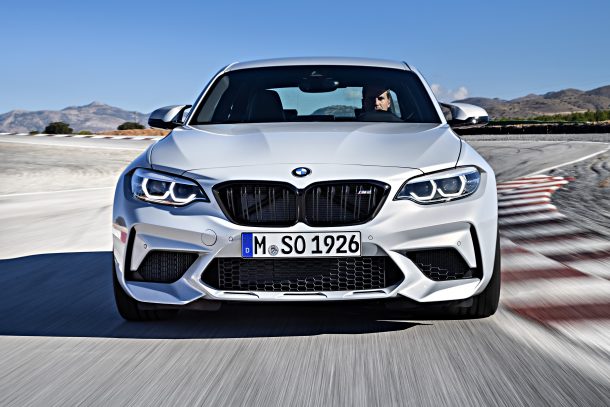
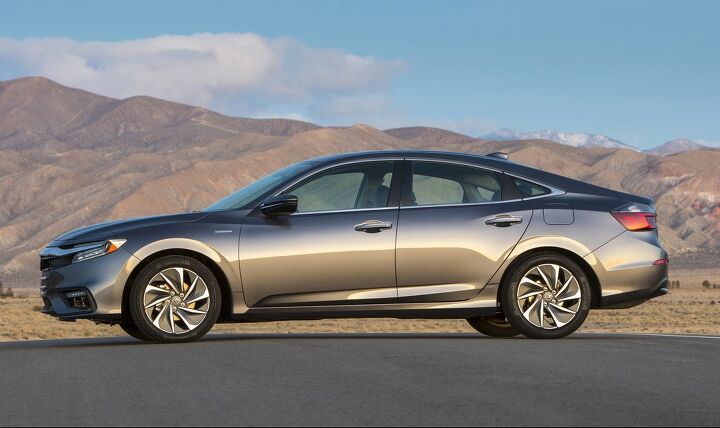

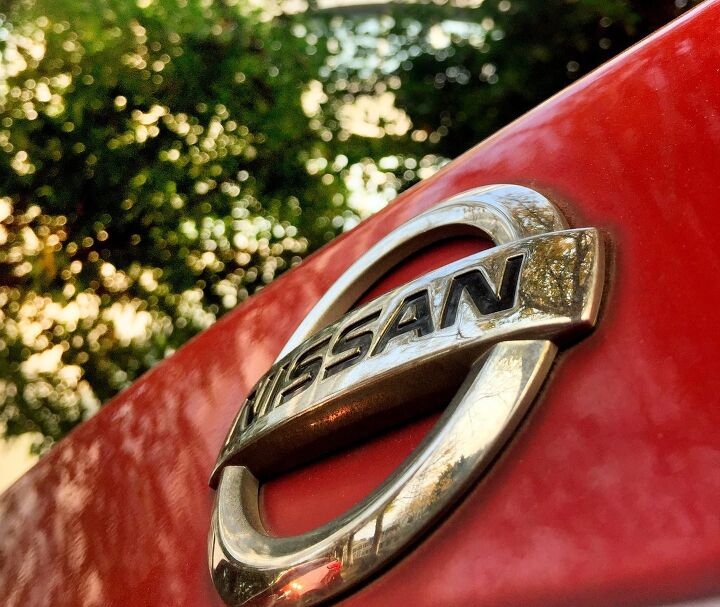
![See the USA in a Mahindra? Indian Automaker to Open Detroit-area Plant, Report Says [UPDATE]](https://cdn-fastly.thetruthaboutcars.com/media/2022/06/30/8778180/see-the-usa-in-a-mahindra-indian-automaker-to-open-detroit-area-plant-report-says.jpg?size=720x845&nocrop=1)
![Tesla Production Troubles May Be Continuing Due to Design Changes, Hiring Issues [UPDATED]](https://cdn-fastly.thetruthaboutcars.com/media/2022/07/19/9201420/teslas-feverish-production-drive-sometimes-means-partial-assembly-at-stores-report.jpg?size=720x845&nocrop=1)


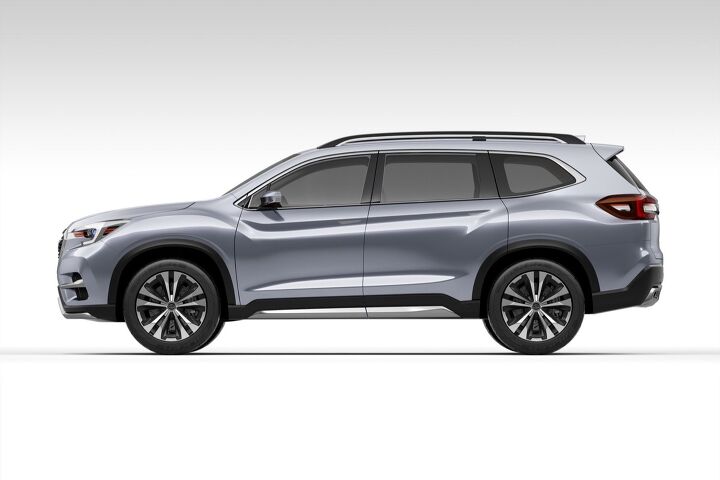

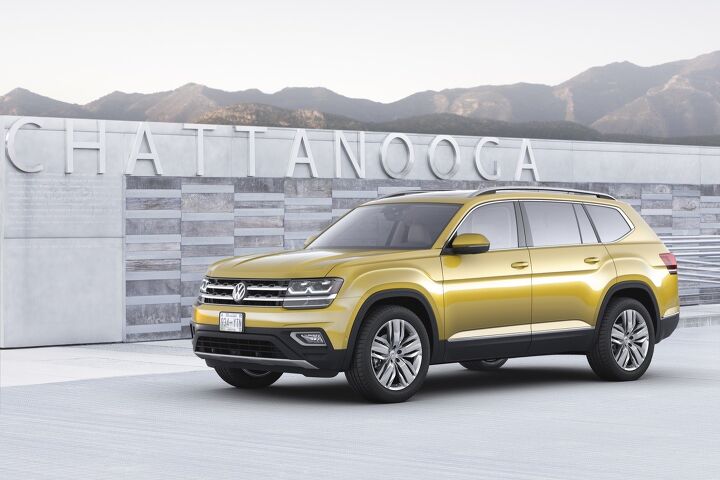
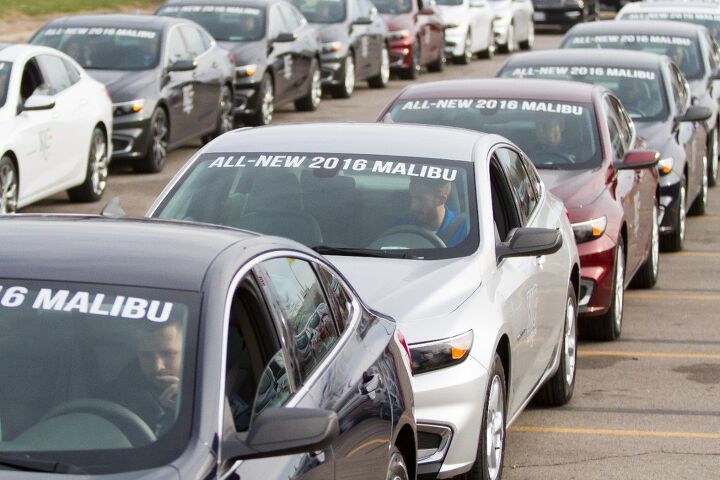












Recent Comments